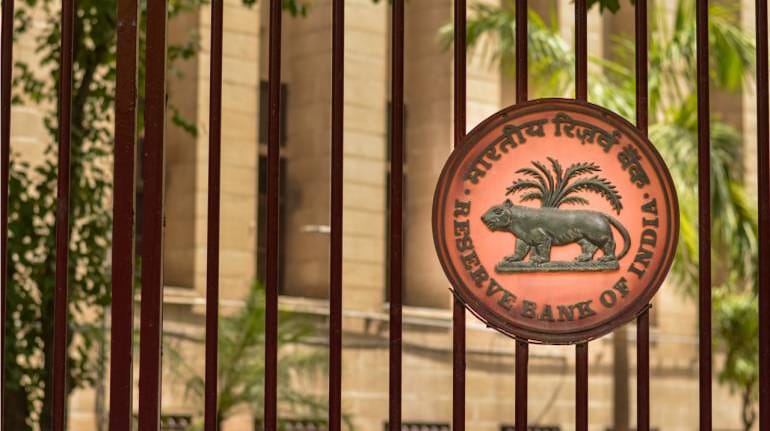
RBI | PC-Shutterstock
India's economic recovery will depend on the speed and scale of vaccination in the country, said the Reserve Bank of India (RBI) in its monthly bulletin released on its website on June 16.
"Going forward, the speed and scale of vaccination will shape the path of recovery. The economy has the resilience and the fundamentals to bounce back from the pandemic and unshackle itself from preexisting cyclical and structural hindrances," the RBI Bulletin stated.
Though cautious optimism is returning, the Indian economy continues to wrestle with the second wave of the pandemic, the Bulletin said. “By current assessment, the second wave’s toll is mainly in terms of the hit to domestic demand. On the brighter side, several aspects of aggregate supply conditions - agriculture and contactless services are holding up, whileindustrial production and exports have surged compared to last year amidst pandemic protocols,” the RBI Bulletin said.
The COVID-19 pandemic necessitated an overwhelming fiscal response from governments across the world, the RBI bulletin said.“As India unwinds the fiscal stimulus and embarks on the path of fiscal adjustment, it is necessary to emphasise on ‘how’ over ‘how much’, the bulletin said. Further, cross-country experience suggests that expenditure reductions, especially the ones associated with permanent reduction in current expenditure, have been found to be more effective in achieving durable fiscal consolidation than revenue-raising measures, the RBI Bulletin said.
“Vaccines will not end the pandemic by themselves, notwithstanding their being perhaps the greatest scientific achievements in recent history. We have to learn to live with the virus,” the RBI Bulletin observed.
Noting that the pandemic is a real shock with real consequences, the RBI bulletin said there is a need to ensure that the recovery is built on a solid foundation of business investment and productivity growth.
“Life- and work-style transformation such as increased remote work and online shopping may likely endure. When patterns of demand shift, some firms may face closure," the RBI Bulletin said.
While some industries may become permanently smaller, at the same time, existing firms in industries experiencing increased demand may expand and new ones will emerge, the Bulletin said. "What matters is that resources are put to their best use and that reallocation occurs smoothly and with as few costs as possible,” the RBI Bulletin said.
The second wave on the economy was exacerbated in May 2021 with many states opting for localised lockdowns. “These restrictions impeded public mobility all around as mirrored in the Google and Apple mobility indicators, though the dip in movement showed signs of bottoming out in the last week of May,” the Bulletin said.
Subsequently, aggregate demand conditions grappled with lockdown like restrictions in several parts of the country, the RBI Bulletin said.
On June 4, the monetary policy committee left the key rates unchanged after the bi-monthly policy review meeting and said the policy stance will remain accommodative as long as necessary to review the growth in the economy.
However, a recent spike in inflation has alarmed economists. The May retail inflation spiked to a six month high of 6.3 per cent. Since February 2019, the RBI has cut its key lending rate, repo, by 250 basis points. One bps is one-hundredth of a percentage point.RBI Bulletin: Economic recovery will depend on pace of vaccination - Moneycontrol
Read More

No comments:
Post a Comment